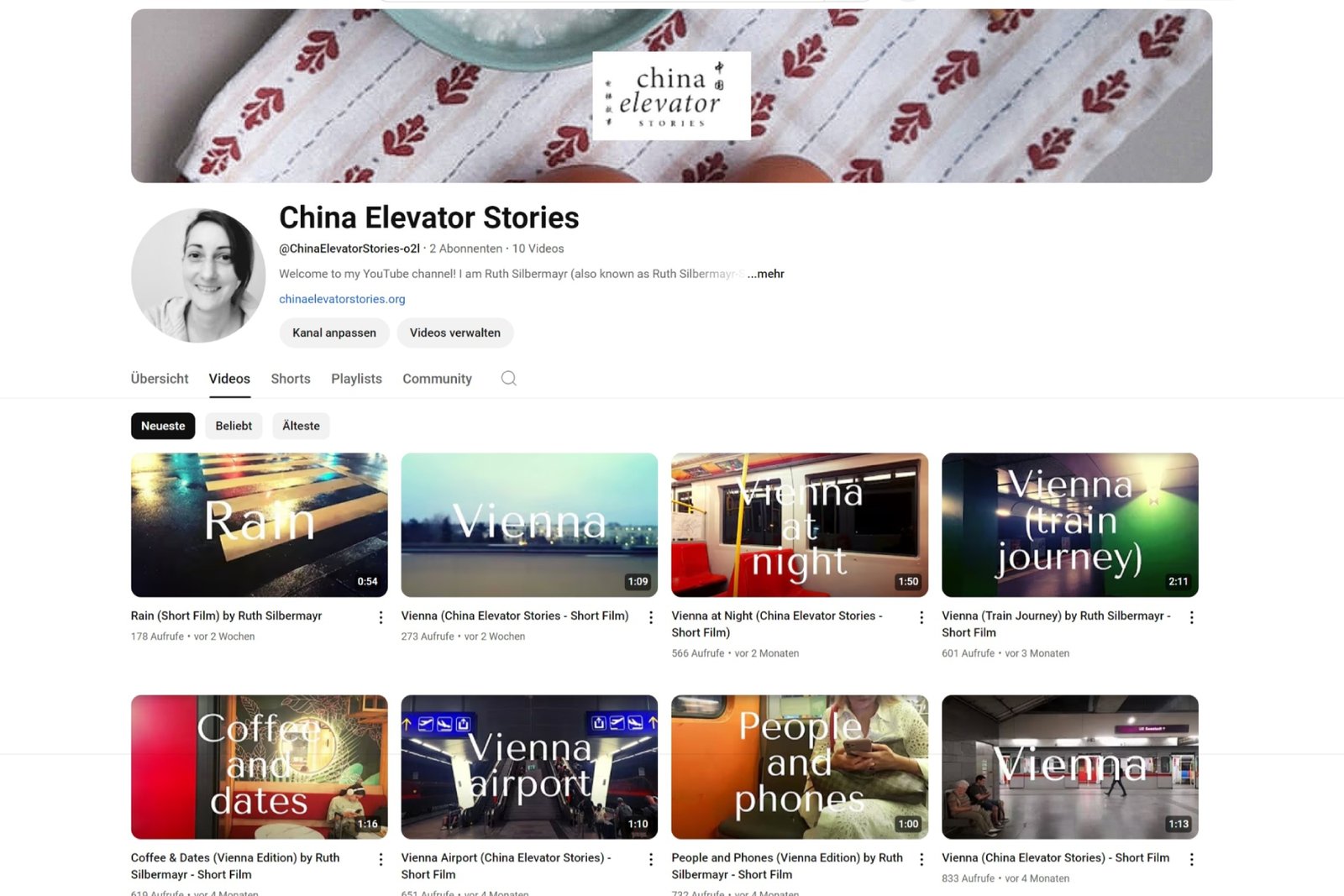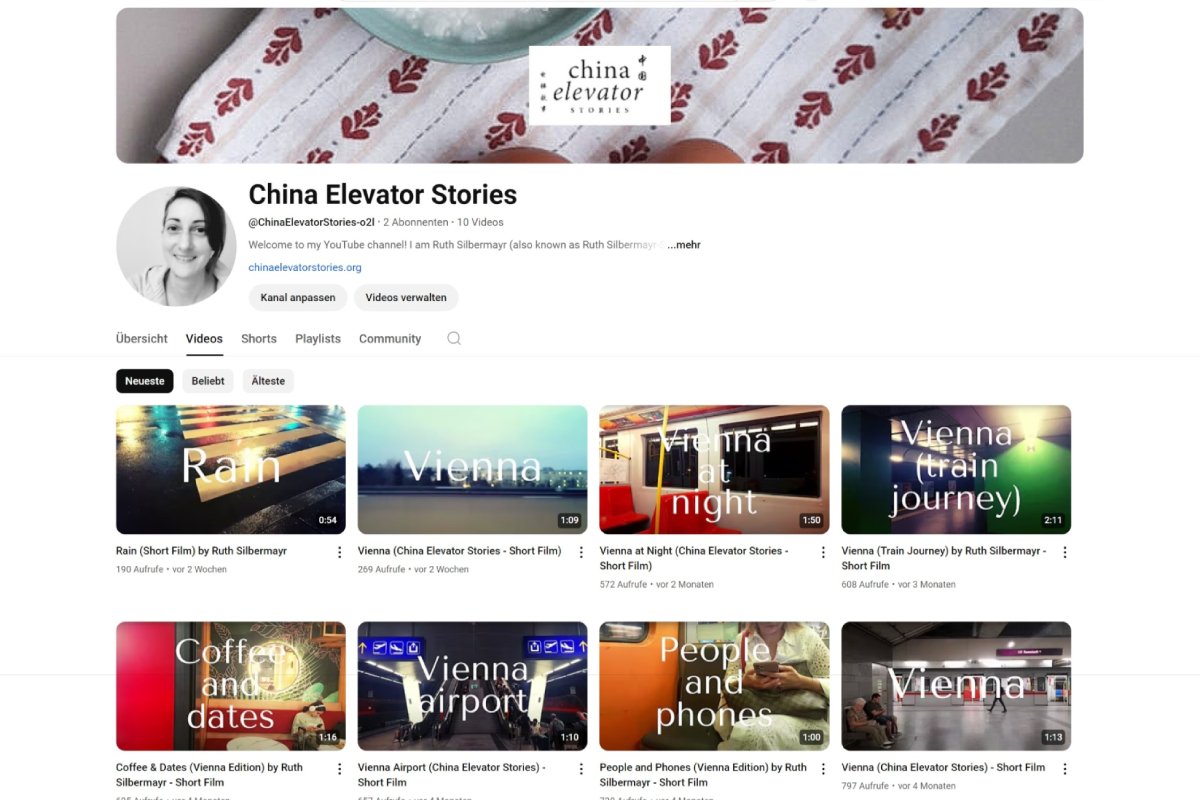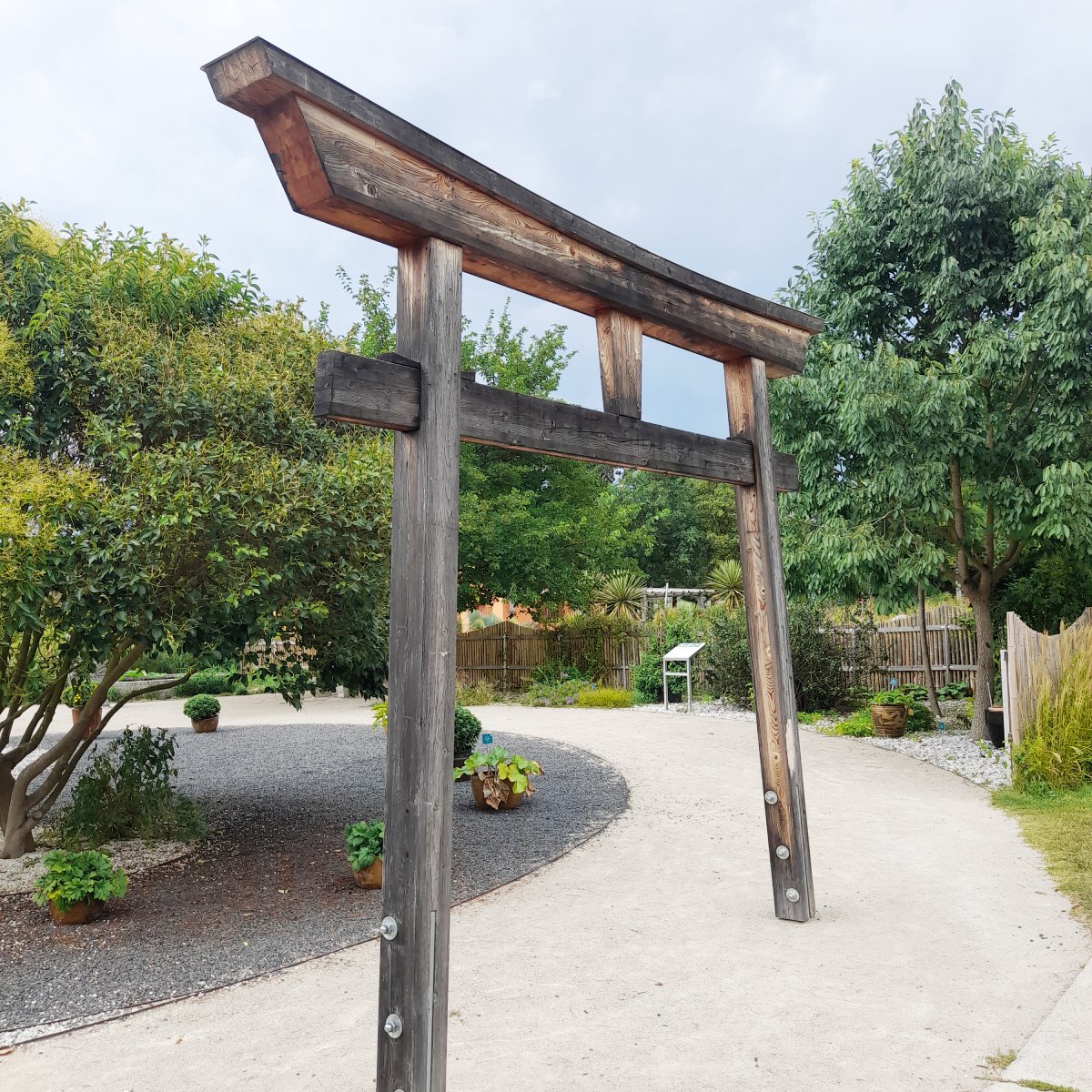articles
China Elevator Stories
This Is What Happens When You Become Too Successful
When you start to experience success, you might face repeated harassment, obstacles, and sabotage.
28/12/2024

Ruth Silbermayr
Author

Those of you who know me are aware that I was married to a Chinese man and have two children, who are being kept hidden from me at an unknown address in China. I was finally allowed to have contact with them in 2024 after suing my ex-husband for the right to have video calls with my children, but this right has now once again been denied by him. Prior to that, I had been blocked by my ex-husband and his family from having contact with my children for over 3.5 years.
In my life, I’ve experienced success (as well as failure)—and I’ve also experienced what happens when someone becomes “too successful” in the eyes of others. After achieving some milestones, like writing for a magazine in Beijing and having a story published in an anthology, I came to a painful realization: people, in general, can be incredibly jealous.
My life is extraordinary in the sense that extraordinarily bad things have happened to me, though otherwise, it isn’t particularly remarkable. Others, however, perceive it differently, believing that too many good things have come my way and that I should be punished for it. I have also faced career sabotage and witnessed how society often treats those who succeed independently—many are unfairly labeled as undeserving or merely ‘lucky’ (and I am not even someone who has achieved truly monumental success).
The Dark Side of Success: Career Sabotage and Haters
Having had to endure years of bullying led to a deeper understanding of the state of Austrian society and how others deal with people like me. In my case, my blog was taken down, hacked, and repeatedly disrupted by people intent on blocking my career. Hackers broke into my social media channels and deleted my followers, and they hacked into YouTube to lower my view counts. I’ve accumulated many haters and envious individuals over the years. Am I someone to envy? I don’t think so. Even though I’ve had some success, it wasn’t extreme, but once I reached a certain level, others made sure I couldn’t go further. In Austria, I would say that out of 10 people, eight to nine are generally jealous, while only one or two aren’t.
This makes creating meaningful work incredibly difficult. Talented individuals are often harassed until they give up, unable to share their gifts with the world. If you think haters are rare, let me assure you—they’re everywhere. A decade and a half ago, I wouldn’t have believed this, but recent years have shown me otherwise. I’ve experienced extreme bullying simply for being a blogger and for being a woman. The little success I’ve had doesn’t sound like it should pose a threat to others. But these days, writing online and having a blog that is somewhat successful is enough to make you a target.


As you can see in the first screenshot (which I took yesterday morning), my YouTube views were higher yesterday than they were this morning. This has been happening repeatedly. The video “Vienna (China Elevator Stories) – Short Film”, for example, had 833 views yesterday morning, and 797 views today. A hacker has deleted 36 views in one go.
I wasn’t attacked as a blogger until 2016. My Chinese ex-husband, who initially supported my blogging and didn’t interfere with it, eventually changed. In 2017, he took my blog offline to halt my writing career. When I relaunched it in 2022, I faced constant attacks and frequent disruptions, often from men intent on sabotaging my work. I’ve also written about financial abuse on my blog—a common experience for many women, including myself. Career sabotage is often a form of economic abuse, where women are deliberately blocked from working effectively or supporting themselves. My ex-husband financially abused me and made it nearly impossible to regain stability or success, as have some of my haters. It’s frustrating to be pushed out of the workforce or forced into roles that don’t suit you.
The Energy of Jealousy: Bach Flowers and the Impact of Negative Emotions
As an empath sensitive to energy, I often observe the energies around me. Of the many Bach flowers, I find Holly particularly relevant today, as it addresses emotions like jealousy, hatred, and envy. These feelings are especially prevalent during times of war, such as the Russia-Ukraine conflict, but they are also deeply ingrained in our society. This article describes the Bach flower:
“Holly holds a central position among the Bach Flower Remedies, because it embodies love—the highest energy quality through which we all live, and which is our greatest healing power. The desire for love is programmed into every cell of our being, and when we are going with the stream of love we live in a state of grace. However, when the need to give and receive love is denied, the negative Holly state emerges. The personality will experience such extreme disappointment that love is expressed as its opposite—in jealousy, hatred, envy, resentment, malice, and a desire for revenge. While everyone experiences these emotions at some time, in the negative Holly state they are prevalent, and can form the emotional basis for serious physical illness. While even the negative Holly personality longs for love, it is unable to let it flow forth, and thus often repels that which it seeks through jealousy. Even when finding someone with whom to share that love, uncertainty and fears predominate, and it lives in fear of losing that love. Mild forms of jealousy will arise in any loving relationship, and they lead to growth. But when the jealousy becomes ‘morbid,’ the love can be extinguished.”
Not everyone can become a writer or achieve the same level of success as others, but I believe that we can all consciously choose to either create or destroy (unless we are in a situation where we were forced to do things against our will). For people like me whose work is connected to social media, things have gotten worse in recent years. I see social media as a machine for the greedy and unscrupulous to profit (what with all the subscriptions that once used to be free of charge, that we are now supposed to pay for so we can enjoy having access to features that were once free). Moreover, those of us who work online (and those who work offline may find themselves in similar positions) often find ourselves in constant competition. Even if we don’t want to compete and simply want to contribute meaningfully, others’ competitiveness often drags us into conflict.
Reclaiming Your Peace: The Importance of Removing Toxic People
People who hinder another person’s success, creativity, or career are not the kind of people anybody would want in their life. While I make it a point to avoid jealous, negative, or destructive individuals, toxic people are everywhere, and it’s impossible to avoid them entirely. That’s why I regularly declutter not just my physical space but also my relationships. “Relationship decluttering” helps maintain inner peace, especially if others have steered your life onto the wrong path. Letting go of toxic individuals—while difficult—ultimately leads to a better, more harmonious life.
Decluttering relationships is similar to decluttering physical items. It’s about loving yourself enough to set boundaries and remove those who are destructive to your life. People who have the following traits are those I do not allow in my life:
– People who are cruel, unkind, or treat others unfairly.
– People who are inhumane.
– People who destroy others or other people’s lives.
– People who are evil or dangerous.
– People who are overly negative, judgmental, and critical, pointing out faults even when none exist.
– People who are selfish, arrogant, and egotistical, who care only about their own gain.
Cultural Perspectives on Decluttering: Lessons from China and Feng Shui

I lived in China from 2009 to 2010, and from 2012 to 2019. In China, I’ve observed mixed attitudes toward material possessions. Some people hold onto things due to past poverty, while others embrace decluttering, especially before Chinese New Year. The concept of 断舍离 (duànshělí)—not buying unnecessary items, letting go of unnecessary items, and not obsessing over material possessions—is fascinating and has gained ground with some Chinese.
When I declutter relationships, I approach it in a similar way. I choose not to allow negative, toxic individuals who have no love for others into my life. This includes those who don’t appreciate life, disrupt its natural flow, or fail to respect others’ hard work and boundaries.
In Feng Shui, certain things are supposed to be kept in our homes, and certain things shouldn’t be kept in our homes. But no matter what items should or shouldn’t be kept in a home, the energy and air should always flow freely and shouldn’t be stagnant or blocked. Clutter is usually a symptom of stagnation, and owning too many items may point to another issue beyond the surface problem of clutter.
Have you ever had to end relationships? How did it impact your life?